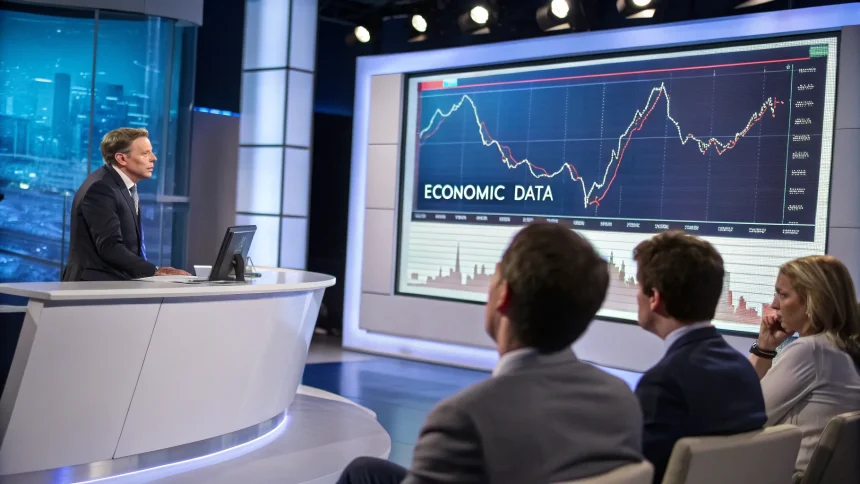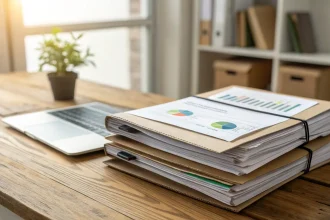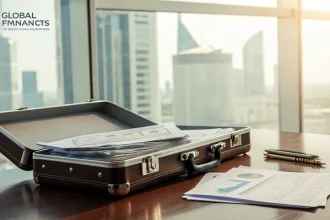Trust in experts is declining across the board, with economists now facing significant public skepticism. This trend was highlighted recently when President Trump fired the Bureau of Labor Statistics chief, accusing her without evidence of falsifying a jobs report that showed lower-than-expected employment gains.
The incident marks a stark contrast from previous decades when economists held considerable influence in presidential administrations. Today, both politicians and voters increasingly express disillusionment with the field of economics and its practitioners.
A recent NPR Planet Money episode explored how this erosion of trust is affecting economists personally and professionally, raising questions about whether the profession can rebuild public confidence.
The Decline of Economic Authority
Economists once occupied privileged positions as advisors to presidents and policymakers, their recommendations carrying substantial weight in national decision-making. That standing has diminished considerably in recent years as part of a broader societal shift away from expert trust.
The dismissal of the Bureau of Labor Statistics director represents a particularly concerning development. The president’s unsubstantiated claims about data manipulation strike at the heart of economic analysis—the integrity of government statistics that form the foundation for policy decisions.
This incident is not isolated but reflects growing tensions between political narratives and economic data. When statistics contradict preferred political messages, the messengers increasingly face attacks rather than engagement with the information they provide.
Impact on Economists’ Work and Mental Health
The Planet Money episode revealed that economists are struggling with the psychological impact of diminished public trust. Many report feeling conflicted about their role in society when their expertise is routinely questioned or dismissed.
This skepticism creates practical challenges for economic work. When basic data and methodologies are disputed, economists find it difficult to:
- Communicate findings effectively to the public
- Provide useful guidance to policymakers
- Maintain professional motivation amid constant criticism
Some economists report self-censoring or altering how they present information to avoid political backlash, potentially compromising the integrity of their analysis.
The Broader Crisis of Expertise
The challenges facing economists mirror those affecting other expert groups. Government officials, journalists, medical scientists, and academics all report declining public trust in their professional judgment.
“This isn’t just about economics,” noted the Planet Money host Amanda Aronczyk. “We’re seeing similar patterns across institutions that were once considered authoritative sources of information.”
Social media and political polarization have accelerated this trend, creating environments where expertise competes with opinion on seemingly equal footing. The democratization of information access has paradoxically made it harder for the public to distinguish between credible analysis and misinformation.
Rebuilding Trust in Economic Expertise
The episode explored potential paths forward for economists seeking to rebuild public confidence. Transparency emerged as a critical factor—economists who clearly explain their methodologies, acknowledge limitations, and communicate in accessible language tend to maintain greater credibility.
Some economists advocate for more direct public engagement, moving beyond academic journals to participate in community discussions and respond to public concerns. Others suggest the field needs to address legitimate criticisms about past failures, including the inability of many economists to predict the 2008 financial crisis.
“We need to acknowledge where we’ve gone wrong while defending the value of economic analysis. That’s a difficult balance to strike,” one economist explained during the program.
Educational outreach also plays a role, with some economists working to improve economic literacy among students and the general public. Understanding basic economic concepts may help citizens better evaluate economic claims and policies.
The erosion of trust in economists reflects deeper societal divisions about the role of expertise in democracy. As political polarization intensifies, rebuilding this trust will require not just efforts from economists themselves but broader societal commitment to evidence-based discourse.
For now, economists continue their work amid growing skepticism, navigating a landscape where their professional insights carry less weight than in previous generations. Whether they can regain public confidence remains an open question with significant implications for economic policy and public discourse.









